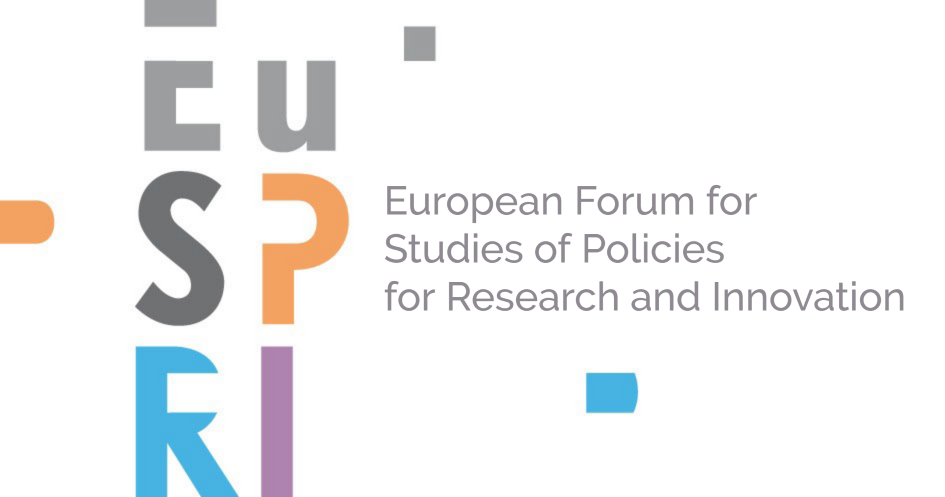Contact person: Schröder, Antonius (Dortmund (DE) TU Dortmund – Social Research Centre)
Industry 5.0: A Concept for Looking at Industry 4.0 from Societal Perspective
Author: Antonius Schröder, Ralf Kopp, Clara Rieke Behrend
Keywords: Industry 5.0, Circular Economy, Sustainability, Resilience, Human-Centricity
Abstract
Industry 5.0 is a comprehensive strategic vision endorsed by the European Commission. This vision shapes the industrial strategy of the European union and specifically the related STI policies aiming at tackling multiple challenges of the digital and green transformation as well as global economic developments and impacts of crises like epidemics and war. The overarching concept is that industry becomes a resilient provider of prosperity by ensuring that production respects the boundaries of our planet and by placing the wellbeing of the workforce and the customers at the centre of the production process. The central goal of Industry 5.0 is to create a human-centric (placing societal demands and human interests in the foreground), sustainable (respecting planetary boundaries) and resilient industry (in all its components, including production processes, supply chains and the procurement of raw materials as well as a skilled and resilient workforce). The objective of Industry 5.0 is to provide the workforce with the tools and resources to identify, utilise and capitalise on the innovative potential within their own work environment. Additionally, the concept seeks to empower investors and consumers with reliable information about products and production processes, especially with respect to sustainability. It is essential to guarantee that consumers have access to reliable, comparable, and verifiable environmental information on products. To achieve this, claims must be substantiated with scientific evidence that is widely recognised, identifying the relevant environmental impacts and any trade-offs between them. The Industry 5.0 vision will lead to new value propositions meeting sustainability related consumer needs, broader stakeholder and citizen engagement, and social acceptance of new sustainable products and production processes. The operationalisation of the concept Industry 5.0 requires responsible management of resources, empowerment of the workforce, co-creation and co-design of technological solutions. At the same time, it requires the provision of a safe and inclusive work environment that protects the physical and mental health of the workforce.
Within this track we propose 3 tpoics to discuss the relevance of the three pillars of Industry 5.0 as an important STI policy in the European Union and its industry:
• Human-centricity (placing societal demands and human interests in the foreground) e.g. Workplace Innovation, Skills Alliances, Co-creation/Co-design, digital empowerment, new machine-human interface, …
• Sustainability (e.g. sustainable industrial transformation- circular economy strategies, sustainable manufacturing…) (the planned session Circular Economy as a desirable Societal Future? Navigating Sustainability, Resilience, and Innovation of Marlon Philipp, Antonio Isopp, Kay Cepera is here connectable)
• Resilience (e.g. resilience to future instabilities, system-resilience as smarter operators- machines, and human resilience as more empowered and skilled workforce)
Questions:
• How can Industry 5.0 help us create new social practices for shaping better societies?
• What new policies are needed to integrate technology and social innovation?
• Which role could social innovation play in this context?
• Which experiences of social innovation can contribute to a more human-centric, sustainable and resilient industry?
• Which stakeholder alliances and ecosystems are needed to ensure the realisation of industry 5.0?
• How and which STI policies promote social innovation as part of industrial transformation processes?
• What are the ambivalences and contradictions that need to be addressed within the Industry 5.0 principles?
